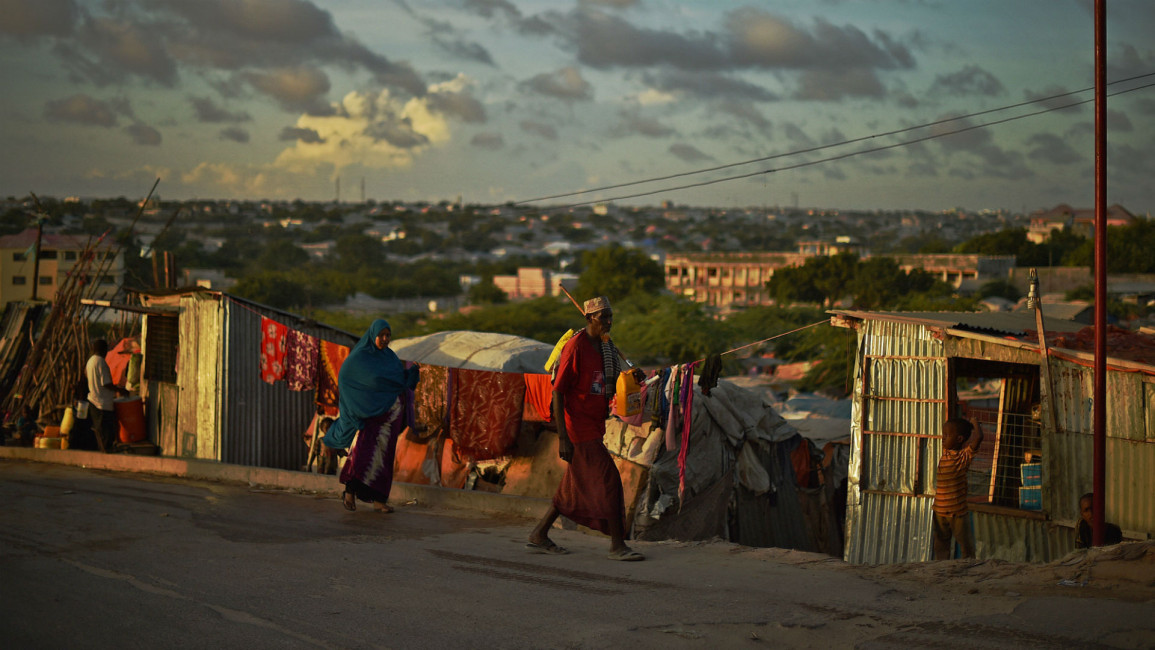Somalia readies for new parliamentary and presidential voting
Somalia's delayed parliamentary elections will take place in October while voting for the new parliament will take place next month, an electoral committee has said.
Parliamentary polling will begin on 24 September and continue to 10 October, while lawmakers will decide on new president on 30 October, AFP said.
However, voting in these historic polls will be reserved for tribal and political leaders, it has been revealed.
The UN-sponsored Somalia Federal Indirect Electoral Implementation Team met with the leaders of the country's regional governments and the president to a date, a statement read.
"The election for the speaker will be held on 25 October and the presidential elections will be held on 30 October 2016," the statement said.
The list of the candidates for the presidency has not been officially revealed, but sitting President Hassan Sheik Mohamud is starting his campaigns to win a second term.
Mohamud's current mandate expires on 10 September but the regional governments have agreed to extend his term up to the 30 October vote.
But Somalia's vote will be a "limited franchise election" rather than the one-person-one-vote election promised in Somalia's constitution, though more inclusive than the last polls in 2012.
Clan elders will select parliamentarians while each of Somalia's federal states will choose representatives to a new upper house. The two houses of parliament will vote for a president.
The vote will involve up to 14,000 delegates chosen by clan elders and organised into six US-style "electoral colleges" to choose 275 MPs, with 30 percent allocated to women.
Somalia has witnessed a seemingly unending cycle of violence since 1991 when warlords ousted president Mohamed Siad Barre.
As the country prepares for elections, the security situation remains troubled, largely due to the al-Shabab, a rebel movement linked to al-Qaeda.



